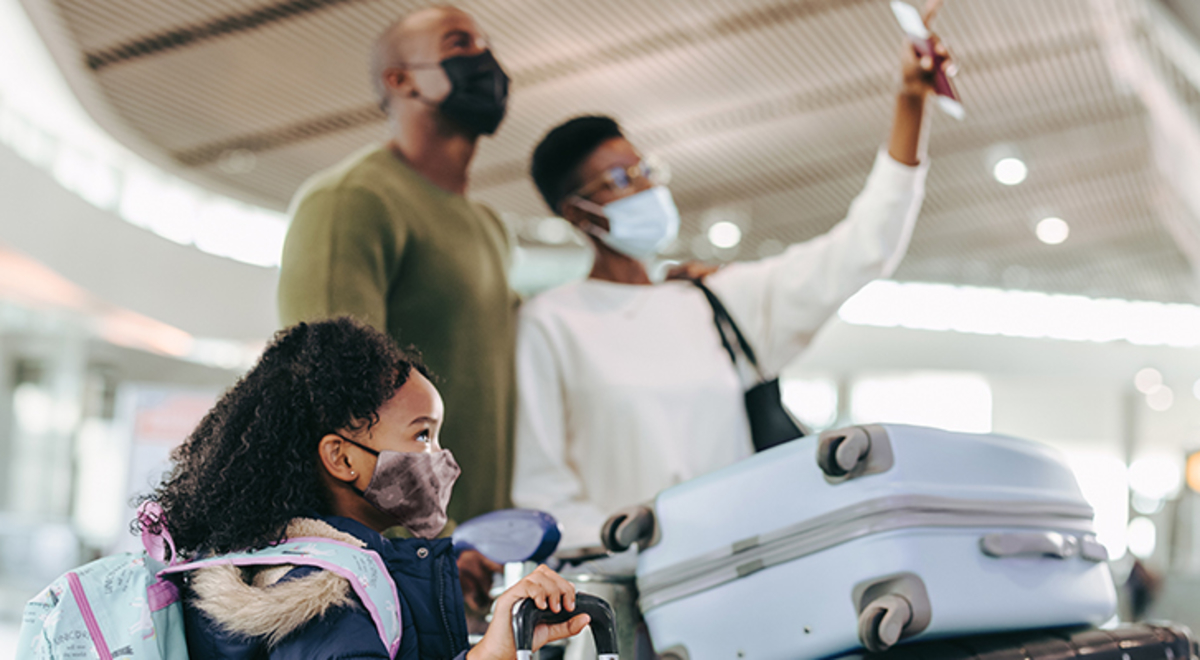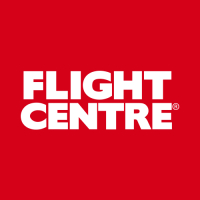Your Complete Guide To Travelling With kids During COVID-19
After enduring the past (almost) two years, nobody needs a getaway more than parents do right now! Luckily, that’s where we at Flight Centre come in, to help you navigate travelling with kids during COVID-19, whether domestically or internationally.

After enduring the past (almost) two years, nobody needs a getaway more than parents do right now! Luckily, that’s where we at Flight Centre come in, to help you navigate travelling with kids during COVID-19, whether domestically or internationally.
Help & support
© Flight Centre Travel Group (Pty) Ltd. Registration No. 1994/000253/07.
*Travel restrictions & conditions apply. Prices are in ZAR and are correct as at the date of publication & are subject to availability and change without notice. Prices quoted are on sale until the dates specified unless otherwise stated or sold out prior. Prices are per person. We charge an Online Booking Fee for flight bookings made online. These fees are charged in addition to the advertised price and displayed fares. View Booking Terms and Conditions for more information.








